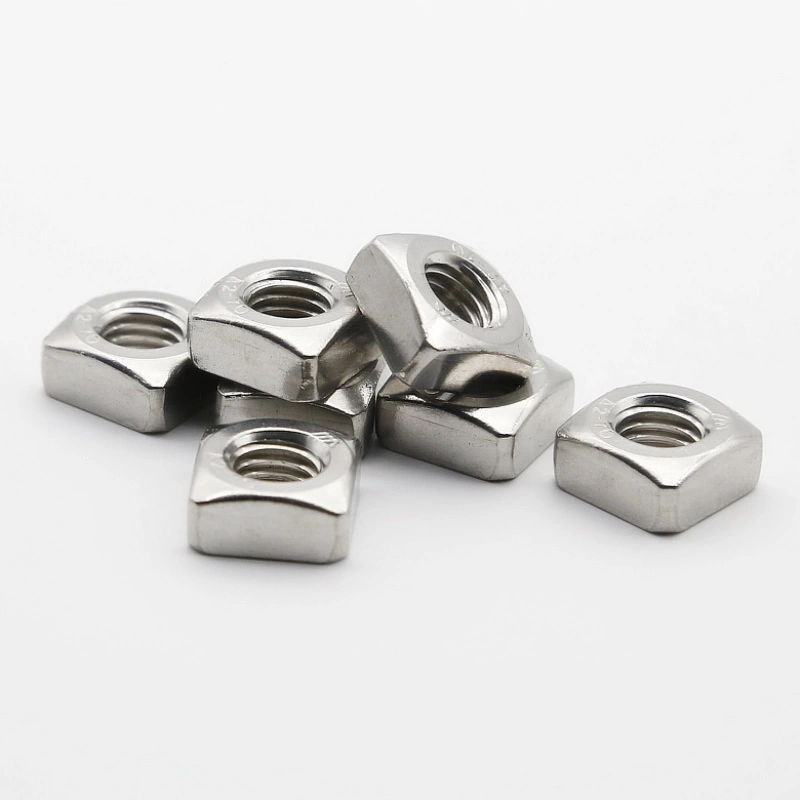

Hexagonal Stud Bolt Specifications and Applications for Industrial Use
Jan . 01, 2025 10:35 Back to list
Hexagonal Stud Bolt Specifications and Applications for Industrial Use
Understanding Hex Stud Bolts An Essential Component in Engineering
In the world of engineering and construction, the components we use can significantly influence the strength and durability of a structure. One such essential component is the hex stud bolt. This unassuming yet formidable fastener plays a critical role in a wide array of applications, ranging from automobile manufacturing to heavy machinery, and even in everyday construction tasks. In this article, we will delve into the characteristics, applications, advantages, and selection criteria of hex stud bolts.
What is a Hex Stud Bolt?
A hex stud bolt is a type of fastener characterized by its hexagonal head and a long, threaded shaft. The thread runs along the entire length of the stud, allowing it to be secured into a nut or threaded hole. Typically made from high-strength materials such as stainless steel, alloy steel, or carbon steel, hex stud bolts are designed to provide excellent tensile strength and fatigue resistance.
The hexagonal head of the bolt allows for easy gripping and turning using standard hex wrenches or sockets. This design feature is crucial for applications where high torque is required to secure components tightly. Hex stud bolts come in various sizes and thicknesses, allowing for versatility in their applications.
Applications of Hex Stud Bolts
Hex stud bolts are utilized in numerous industries due to their strength and reliability. They are commonly found in
1. Construction and Structural Applications In the construction of buildings and bridges, hex stud bolts are used to connect beams, columns, and other structural elements. Their tensile strength ensures that they can withstand significant loads without yielding.
2. Automotive Industry In automotive manufacturing, hex stud bolts secure various components, including engine parts, suspension systems, and chassis. Their strength and reliability are essential for maintaining the safety and performance of vehicles.
3. Aerospace Sector In aircraft manufacturing, where weight is a critical factor, hex stud bolts are used to maintain structural integrity while being lightweight. They ensure that major components—like wings and fuselages—are securely fastened.
4. Heavy Machinery Hex stud bolts are common in heavy machinery and equipment such as cranes, excavators, and industrial presses, where they must endure high stresses and vibration.
5. Marine Applications The corrosion-resistant properties of stainless steel hex stud bolts make them ideal for marine applications, where exposure to moisture and salt can cause degradation in other types of fasteners.
Advantages of Hex Stud Bolts
Hex stud bolts offer several advantages over other types of fasteners
hex stud bolt

- High Strength The materials used in making hex stud bolts are often high-strength alloys, making them capable of bearing heavy loads and withstanding harsh conditions.
- Ease of Use The hexagonal head allows for easy installation and removal, facilitating maintenance and assembly without requiring specialized tools.
- Corrosion Resistance Many hex stud bolts are available in corrosion-resistant materials, enhancing their lifespan, especially in outdoor or marine settings.
- Versatility They can be used in various applications across different industries, making them a universally accepted choice among engineers.
Selecting the Right Hex Stud Bolt
When selecting the appropriate hex stud bolt for a given application, engineers must consider several factors
1. Load Requirements The bolt must be rated to handle the specific load it will encounter in its application.
2. Material Type Depending on the environment (e.g., underwater, exposure to chemicals), the material should be chosen to prevent corrosion or stress fractures.
3. Length and Diameter The dimensions of the bolt should align with the components being fastened to ensure a secure and tight fit.
4. Thread Specifications Different applications may require different thread types (fine or coarse), which can affect fastening efficiency and stability.
5. Standards and Certifications Ensuring that the bolts meet specific industry standards (such as ASTM or ISO) is vital for safety and performance.
Conclusion
In conclusion, hex stud bolts are critical components in many engineering and construction applications. Their strength, durability, and ease of use make them an indispensable tool in building reliable structures and machinery. By understanding their characteristics and applications, engineers can make informed decisions about which fasteners to use, ultimately contributing to the integrity and safety of their projects. Whether in construction, automotive, aerospace, or any other industry, hex stud bolts continue to form the backbone of reliability and strength.
Latest news
-
High-Strength Hot Dip Galvanized Bolts - Hebei Longze | Corrosion Resistance, Customization
NewsJul.30,2025
-
Hot Dip Galvanized Bolts-Hebei Longze|Corrosion Resistance&High Strength
NewsJul.30,2025
-
High-Strength Hot-Dip Galvanized Bolts-Hebei Longze|Corrosion Resistance&High Strength
NewsJul.30,2025
-
Hot Dip Galvanized Bolts-Hebei Longze|Corrosion Resistance&High Strength
NewsJul.30,2025
-
Hot Dip Galvanized Bolts - Hebei Longze | Corrosion Resistance, High Strength
NewsJul.30,2025
-
High-Strength Hot Dip Galvanized Bolts-Hebei Longze|Corrosion Resistance, Grade 8.8
NewsJul.30,2025

